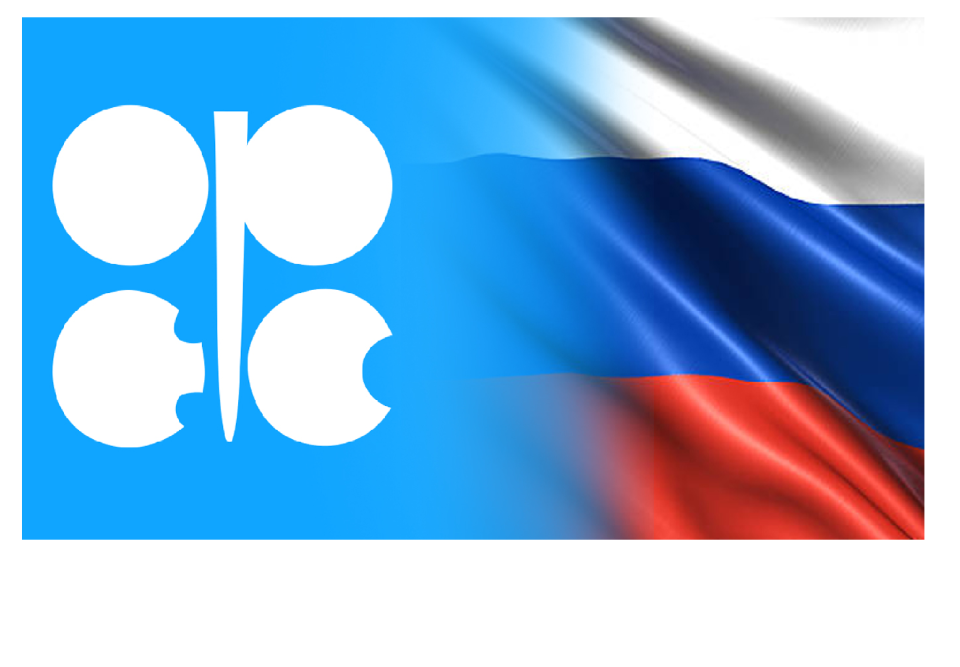- The OPEC+ group, led by Saudi Arabia, plans to begin adding oil supply to the market as early as December.
- Low oil prices could be an even bigger drag on Russian budget revenues than the Western sanctions.
- If oil prices were to drop materially amid ample supply, the revenue hit on Russia could be big.
OilPrice has reported, saying that the OPEC cartel and its group, led by Saudi Arabia, are making plans to start adding oil supply to the market, to resume as early as December, evidence that oil demand growth this year would be lower than OPEC had initially expected notwithstanding.
OPEC, source said, has therefore revised, downwards its estimates of global oil demand growth for the third consecutive month, expecting Chinese consumption to continue to underperform earlier projections.
From the report, OPEC+ has now plans to add about 180,000 barrels per day (bpd) to the market by December, stating that that will continue to reverse throughout 2025 the current production cuts of about 2.2 million bpd.
OPEC’s top producer and the leader of the OPEC+ alliance, Saudi Arabia, reports said, has “ditched its unofficial goal” of bringing oil prices to the $100 per barrel mark and could be looking to “discipline” non-OPEC+ producers by returning to fight for market share.
The report adds that should the Kingdom of Saudi Arabia pursue and achieve the plan, it will not only sink oil prices, but will also, as a matter of consequence, impact negatively Russia’s oil revenues and budget.
Oil and gas revenues account for around 30% of Russia’s budget proceeds …“low oil prices could significantly dent Moscow’s revenues and its ability to continue pouring huge resources into the war in Ukraine,” some analysts were quoted as saying.
“Low oil prices could be an even bigger drag on Russian budget revenues than the Western sanctions, which Russia is working hard to evade.”
“Moscow continues to find ways to circumvent the sanctions and is defying one of the latest measures, the blacklisting of dozens of oil tankers for carrying Russian oil, by putting around one-third of these back to work to deliver its oil.
“The U.S., the EU, and the UK have so far explicitly designated 72 tankers for carrying Russian oil in violation of the sanctions or price cap. Of these 72 tankers, at least 21 vessels have loaded Russian oil cargoes since they were blacklisted,” OilPrice quotes tanker-tracking data compiled by Bloomberg.
Source: OilPrice

